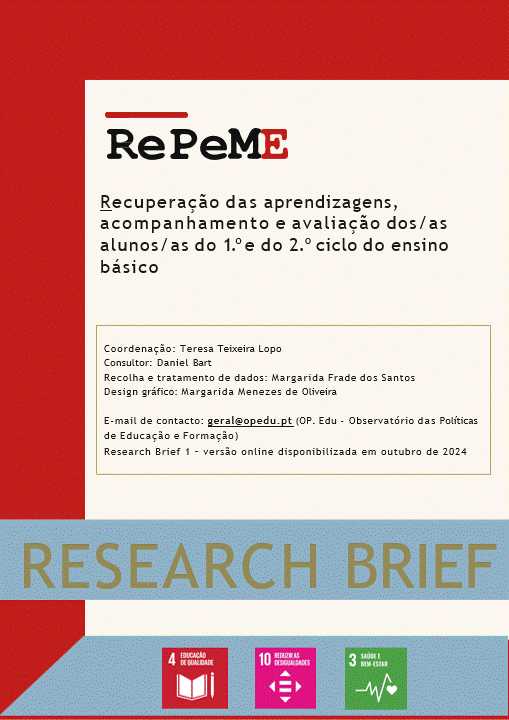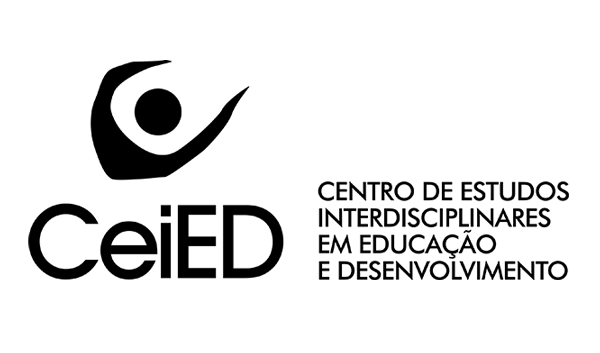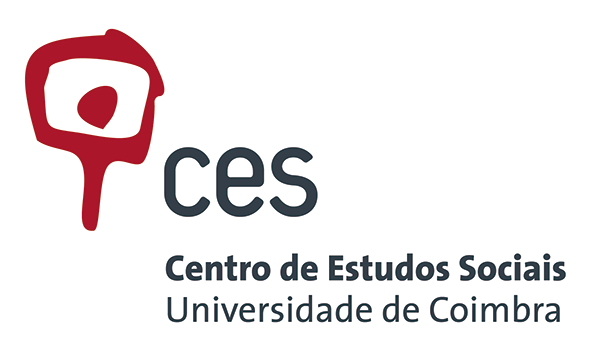April 25 50 Years: Looking into the Past, Thinking about the Future | Educational system and the fulfilment of April: contributions to mitigate socioeducational inequalities | November 24 – ONLINE – 6:00 PM

The second colloquium of the Cycle April 25 50 Years: Looking into the Past, Thinking about the Future, will take place on November 24 at 6:00 PM, under the theme Education system and the fulfilment of April: contributions to mitigate socioeducational inequalities.
“April was a dream and continues to be a project for social justice. An educational system that is effective in mitigating socioeconomic inequalities is a fundamental pillar of that project”
In this Colloquium, OP.Edu invites researchers Gil Nata, Tiago Neves, Hélder Ferraz and Andreia Correia from the Centre for Research and Intervention in Education (CIIE) of the Faculty of Psychology and Education Sciences (FPCEUP) who, based on research and findings on issues of socioeducational (in)justice that they have been carrying out for several years, will discuss in a Colloquium open to the public, concrete solutions to make our education system more fair and equitable. They will focus, specifically, on the issues of grade inflation and access to higher education, the Portuguese compensatory education policy (TEIP) and the referral to professional paths, and the consequences for equity of different monitoring and accountability instruments in the educational system. In this way, they will be in their words, “giving our (small) contribution to help fulfil April”.
The Colloquium will also include the participation of Teresa Teixeira Lopo (OP.Edu-CeiED) in the Opening and Rui Gomes (OP.Edu-CES), who will be responsible for the Moderation of the debate.
The event, organized by OP.Edu with the collaboration of the Citizen Science Doctoral College – CeiED (CDCC), will be held and broadcast online.
Participation in the Colloquium is free, but prior registration is required at: https://forms.gle/r2VssSuMAwaqbd758
With this Colloquium taking place on November 24, in pursuit of its mission to disseminate and share scientific knowledge, OP.Edu joins the celebration of the National Day of Scientific Culture created in honor of professor, science communicator and researcher Rómulo de Carvalho.





